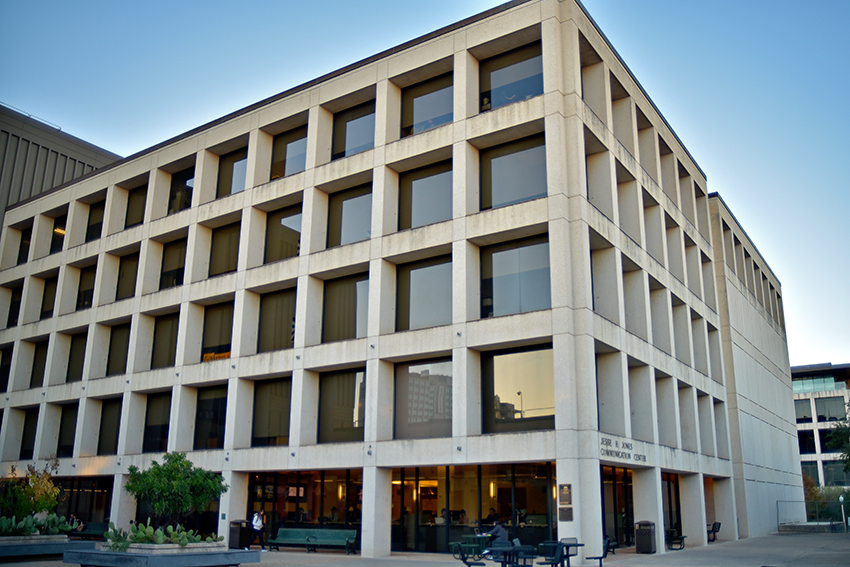Parents across Texas now have access to specialized training on UT’s campus to help develop the speech and language communication skills of their children diagnosed with autism spectrum disorders.
Project SKILLS, or Skills and Knowledge of Intervention for Language Learning Success, was initiated by two assistant professors at the Moody College of Communication to give parents access to this free training.
“SKILLS is a project to give parents the skills and knowledge to facilitate their children’s learning language,” said SKILLS Co-director Jesse Franco, a Department of Communication Sciences and Disorders assistant professor. “We hope to reach families with children with autism across Texas.”
Funding by a grant provided by the Texas Higher Education Coordinating Board makes it possible for parents to access eight sessions of training at the UT Speech and Hearing Center for their children aged one to six years old, free of cost, Franco said.
“The free aspect of the SKILLS project can help and provide families like those that may not be familiar with autism and may not have access to resources that can help them raise an autistic child with support and experience that will be useful for them to have,” pre-public relations freshman Tiffany Su said.
The project strives to help children with autism grow to be successful in their academic career by equipping parents with various intervention strategies.
“We are providing a model of parent training and hope to share that model with the greater autism community,” Franco said. “We focus on parent coaching and teach parents techniques based on Evidence Based Practice. The interventions are geared toward early language development.”
Psychology freshman Sonia Patel said SKILLS is a good program because it benefits families who would otherwise not have access to these specialized resources.
“Projects like SKILLS are crucial to children with autism because it can help develop their communication skills, which leads to lower anxiety levels felt by the child and higher success rates in their various endeavors late in life,” Patel said. “Specifically, kids from a lower socioeconomic background need programs like this to help support them and keep them on track both socially and academically.”
Franco said she expects the project to grow in the near future.
“We are already working with a few families this semester and have seen great progress,” Franco said. “We are refining our methods and procedures and will offer therapy via videoconference starting next spring.”





















